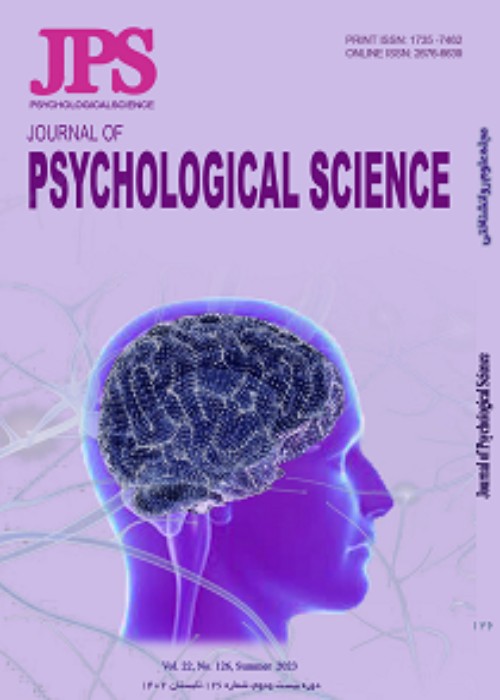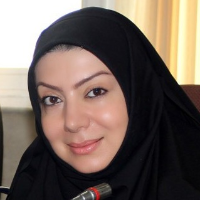Predicting sleep quality in adolescents based on dysfunctional beliefs and attitudes about sleep, neuroticism, internet addiction, and anxiety sensitivity mediated by emotion regulation strategies and mindfulness
Although numerous factors are at play at different cognitive, personality trait, emotional, and behavioral levels in sleep quality in adolescents, the wider picture is still unclear.
This study aimed to predict sleep quality in adolescents based on dysfunctional beliefs and attitudes about sleep, neuroticism, Internet addiction, and anxiety sensitivity mediated by emotion regulation strategies and mindfulness.
Structural equation modeling (SEM) was used in this study. The statistical population included all female and male senior high school students in Damghan, Iran in the 2020–21 academic year. Three hundred and twenty nine adolescents were selected by multistage cluster sampling. Research instruments were Dysfunctional Beliefs and Attitudes about Sleep (DBAS) (Morin et al., 1993), NEO Five-Factor Inventory, Short Form (NEO-FFI-SF) (Costa and McCrae, 1989), Internet Addiction Test (IAT) (Young, 1998), Anxiety Sensitivity Index (ASI) (Reiss, Peterson, Gursky, and McNally, 1986), Emotion Regulation Questionnaire for Children and Adolescents (ERQ–CA) (Gross and John, 2003), Mindful Attention Awareness Scale (MAAS) (Ryan and Brown, 2003), and Pittsburgh Sleep Quality Index (PSQI) (Buysse et al., 1989). The data were analyzed using Pearson correlation coefficient and SEM.
The findings showed that mindfulness and adaptive and maladaptive emotion regulation strategies mediated the relationship of neuroticism, anxiety sensitivity, dysfunctional beliefs and attitudes about sleep, and Internet addiction with sleep quality (P < 0.001).
Based on the results of this study, it can be said that the structural model of the research had a good fit and hence Clinical therapists specializing in adolescents’ mental health are recommended to take into consideration the role of these components.
- حق عضویت دریافتی صرف حمایت از نشریات عضو و نگهداری، تکمیل و توسعه مگیران میشود.
- پرداخت حق اشتراک و دانلود مقالات اجازه بازنشر آن در سایر رسانههای چاپی و دیجیتال را به کاربر نمیدهد.




